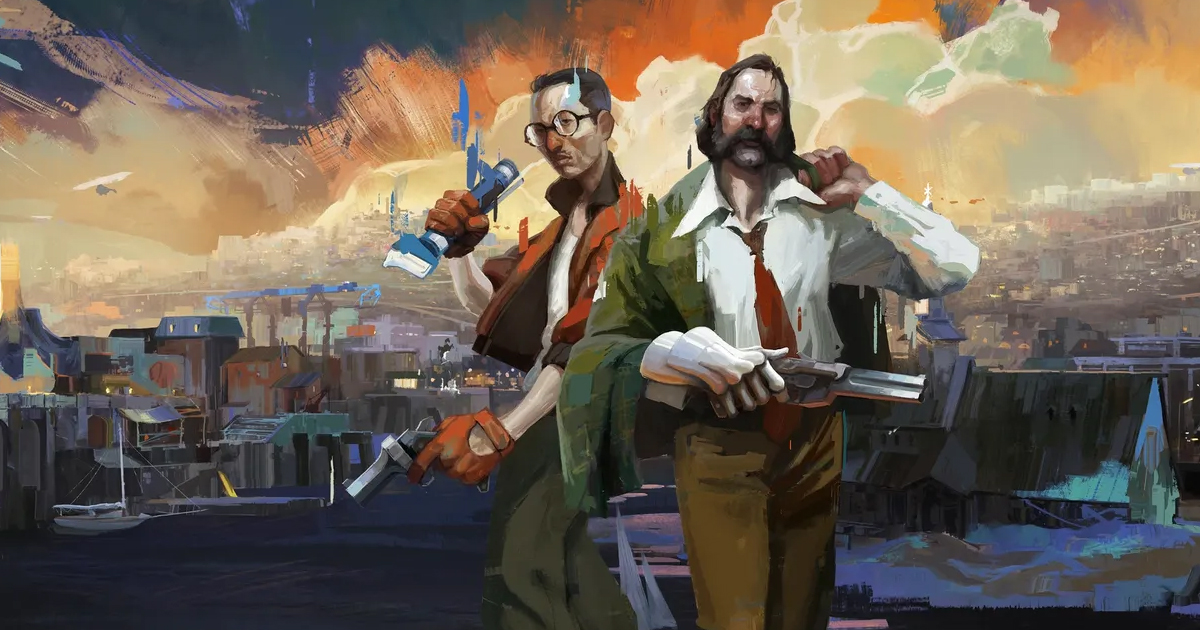‘Involuntary’ departures of key Disco Elysium devs: what it means for ZA/UM and game’s sequel
It has been revealed that several key developers of Disco Elysium have left ZA/UM. The studio confirmed the news, promising to share details about its next project soon. But how painful can these departures be for the team?
What happened?
- On October 1, Disco Elysium editor Martin Luiga wrote in a blog post that he decided to dissolve the “ZA/UM cultural association.” He noted that it shouldn’t be confused with the development studio of the same name, which remains active.
- Speaking of the reasons for the dissolvement, Luiga said that the organization lacked “any formal structure” and that it “no longer represents the ethos it was founded on”
- “People and ideas are meant to be eternal; organizations may well be temporary,” he stated. “I find that the organization was successful overall and most of the mistakes that were made were contingent, determined by the sociocultural conditions we were thrown into.”
- According to Luiga’s post, three key developers of Disco Elysium — lead designer Robert Kurvitz, writer Helen Hindpere, and art director Aleksander Rostov — left the ZA/UM studio last year. And their departure was “involuntary.”
- In the comments, Luiga also hinted that this happened due to ZA/UM early investors, describing them as the ones who “take pains to manipulate dozens of people to steal, in the end, from themselves, just because they happen to be very proficient in that kind of an operation.”
- However, he noted that he doesn’t know whether ZA/UM would be able to seek initial funding without their help.
- Rostov later confirmed the news, saying that he, Kurvitz, and Hindpere are “no longer at the studio.”
We confirm that we are no longer at the studio.
— Aleksander Rostov, Robert Kurvitz, Helen Hindpere
— Aleksander Rostov (@artofrostov) October 2, 2022
How did these devs contribute to the success of Disco Elysium?
- Robert Kurvitz is an Estonian novelist who created the foundation for the Disco Elysium world many years ago, when he was a member of rock band Ultramelanhool. It was initially designed for a tabletop RPG but has evolved into a video game over time.
- Kurvitz enlisted the support of several like-minders, including oil painter Alexander Rostov. He was a member of the ZA/UM art collective and eventually co-founded the development studio. Rostov led all the art direction of Disco Elysium, which was praised for its oil painting visuals.
- Narrative designer Helen Hindpere was also the core member of the Disco Elysium team and oversaw a team of writers working on the game’s final cut.
Is there a chance for a Disco Elysium sequel?
- Following the news about these developers’ departure, a ZA/UM spokesperson said the “development of Disco Elysium was and still is a collective effort, with every team member’s contribution essential and valued as part of a greater whole” (via Eurogamer).
- While game development is indeed a collective effort, the loss of core members may have a negative impact on the studio’s future projects. This is especially true given the roles that Kurvitz, Rostov, and Hindpere played in creating and building the Elysium world.
- In his post, Martin Luiga called their departure “bad news for the loving fans that are waiting for the Disco sequel.”
- In its statement, ZA/UM promised to share more details about its next game soon. It is unclear whether it will be a direct sequel to Disco Elysium or a completely standalone project, but the studio had no plans to stop developing its universe.
- “The future holds more of Elysium — we’ve spent years designing the world and we’re not ready to leave yet,” Hindpere told GamingBolt last year. “Martinaise is just a slice of Revachol — and Revachol just a single capital among many others. Who knows where the future will take us?”
- It is now really interesting to see what the future holds for ZA/UM, as well as for Kurvitz, Rostov, and Hindpere.
